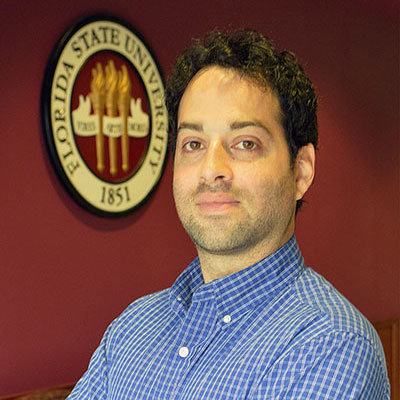
A team of Florida State University researchers has received a grant from the National Institutes of Health to study the resilience of older patients after undergoing open-heart surgery.
The study, a first of its kind, will provide a comprehensive analysis of long-term survival benefits of psychological strengths, such as optimism and spirituality, in older adults with advanced heart disease.

Amy L. Ai, a professor in the FSU College of Social Work and faculty affiliate with the FSU Institute for Successful Longevity, will lead the research team that includes Yaacov Petscher, an associate professor in the FSU College of Social Work and director of the Quantitative Methodology and Innovation division at the Florida Center for Reading Research. Dr. Susan S. Smyth, chief and professor of cardiovascular medicine at the University of Kentucky, also will partner in the study.
“Health providers typically pay little attention to patient psychological strength,
which could be harnessed to improve the patient-provider collaborative process,” Ai said. “Recent studies, however, mostly in general populations, have found health benefits from certain character strengths.”
The team will evaluate the long-term survival effect of psychological character strengths in an existing cohort of older patients assessed before open-heart surgery more than 16 years ago.
Character or psychological strengths are dispositional qualities people possess that enable or promote well-being. These characteristics in patients may have an effect on health outcomes and recovery.
In their interdisciplinary study, Ai and her research team will address three novel research questions: Do character strengths predict long-term survival (over one decade) in patients following open-heart surgery? Are there gender differences in the effect of character strengths on open-heart surgery survival? How does a character strength mitigate the detrimental effect of depression as a known heart-disease mortality risk?
“To date, no information is available about the role of character strength in post-open-heart surgery survival,” Ai said. “Furthermore, women may fare worse after heart surgery. My earlier work indicates that there are gender differences in certain character strengths, such as reverence, private prayer and coping. Some character strengths could explain gender differences in short-term recovery from surgery.”
The team will perform multivariate analyses of the combined National Index of Death records, along with existing interdisciplinary information obtained from prospective surveys, patient-level information from the Society of Thoracic Surgeons’ national database and some stress-sensitive biomarkers, such as blood pressure.
“By combining information from multiple data sources, we will create a well-characterized cohort that will provide a unique opportunity to address methodological challenges in existing literature and fill important gaps,” Ai said.




